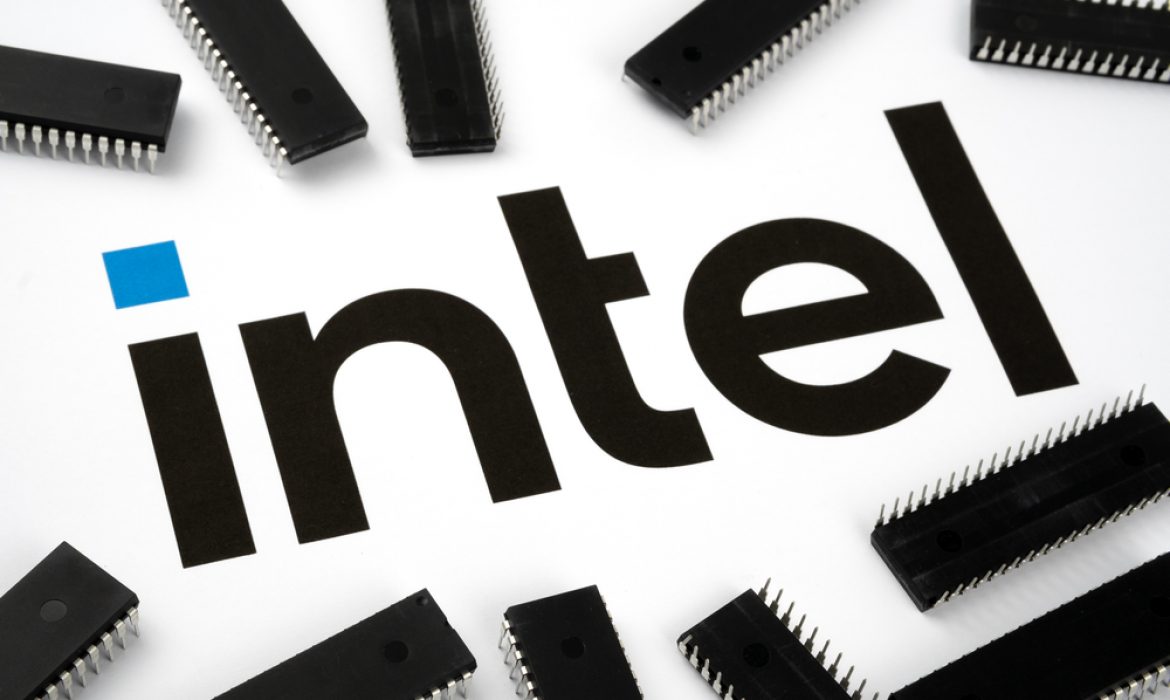Intel made groundbreaking announcements that are set to shape the future of semiconductor manufacturing. The company revealed plans to launch its 1nm manufacturing process in 2027, accompanied by a substantial investment of $100 billion in manufacturing capacity.
Advancements in Node Technology
Intel had previously left the start date for its 14A node ambiguous, but the latest disclosure confirms that production based on the 14A (1.4nm) node is slated for 2026. A significant revelation is the initiation of production/development of the 10A node, set to be Intel’s first 1-nm class node, commencing in late 2027. The “A” suffix in Intel’s node nomenclature signifies angstrom, with 10 angstroms equating to 1 nm.
Performance Improvements and Packaging Capacities
While specifics about the 10A node remain undisclosed, Intel assured that it would deliver double-digit power/performance improvements. The anticipated enhancement over the 14A node is expected to reach 14-15%. Simultaneously, Intel plans to aggressively boost its packaging capacities, focusing on Foveros, EMIB, SIP, and HBI technologies to ensure a steady supply of advanced processors with intricate packaging, including High Bandwidth Memory (HBM).
Global Redundancy and Automation
Intel aims to establish geographically distributed manufacturing facilities, providing global redundancy in its operations. This strategic move will also enable customers to leverage a supply chain entirely based in America. Furthermore, the company is heavily investing in automation, planning to utilize artificial intelligence across various production segments. The integration of AI, from capacity planning and forecasting to improving yields and actual manufacturing operations, marks a significant shift.
Towards Fully AI-Automated Factories
Intel’s vision extends to the incorporation of AI “Cobots,” collaborative robots designed to work alongside humans, and extensive robotic automation within the manufacturing process. The company has not specified a timeframe for these changes, but the comprehensive integration of AI is expected to reshape every aspect of Intel’s operations.
Intel’s transformative approach aligns with the industry’s ongoing efforts to push the boundaries of semiconductor technology. As the race for smaller and more efficient nodes intensifies, Intel’s commitment to 1nm and its massive investment signal a pivotal moment in the evolution of chip manufacturing.
Source: Tom’s Hardware


